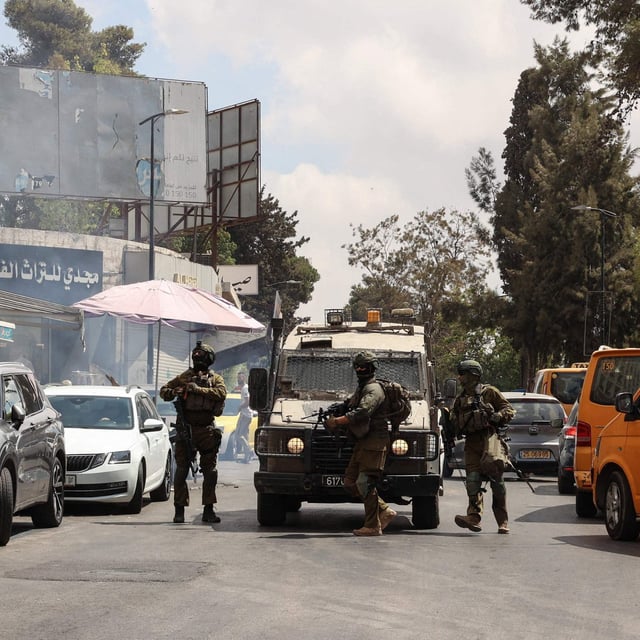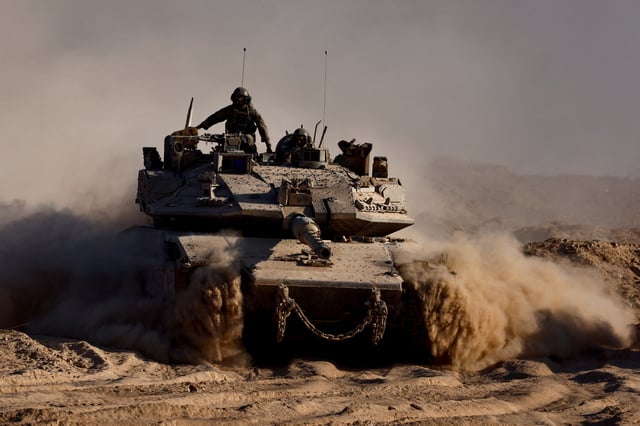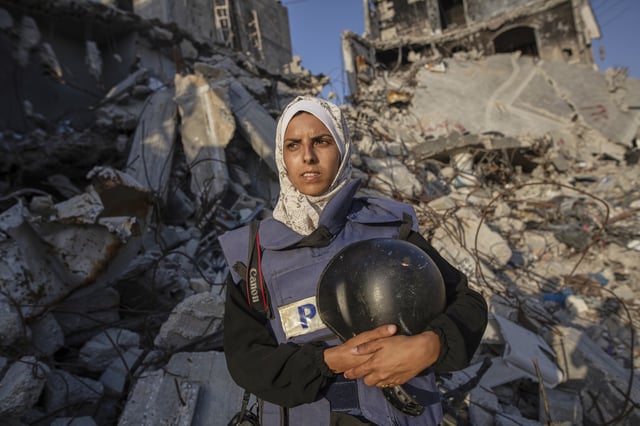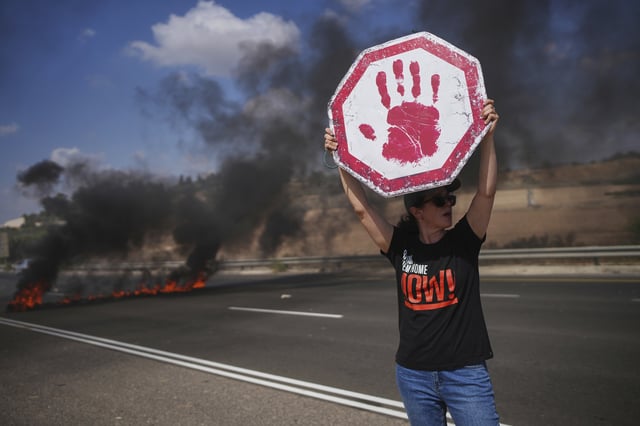Overview
- Roughly 20 people were killed in the back‑to‑back strikes on Nasser Hospital in Khan Younis, including five journalists and health workers, according to hospital officials and news agencies.
- Israel’s initial findings say troops hit a surveillance camera they allege Hamas used to monitor forces, while acknowledging unexplained gaps and ordering a deeper review of authorization, munitions and timing.
- Video and eyewitnesses described a “double‑tap” pattern, with a second blast about seven minutes after the first striking rescuers and media on an exterior staircase.
- AP and Reuters jointly demanded a full, transparent accounting, and the U.N. human rights office pressed for investigations that produce concrete accountability.
- As criticism widened — including India calling the journalist deaths “shocking” — Israel’s U.N. envoy said more details will be released within days, while Israel told Gaza City residents to prepare to evacuate and U.S. officials met in Washington with President Trump to discuss post‑war plans.



